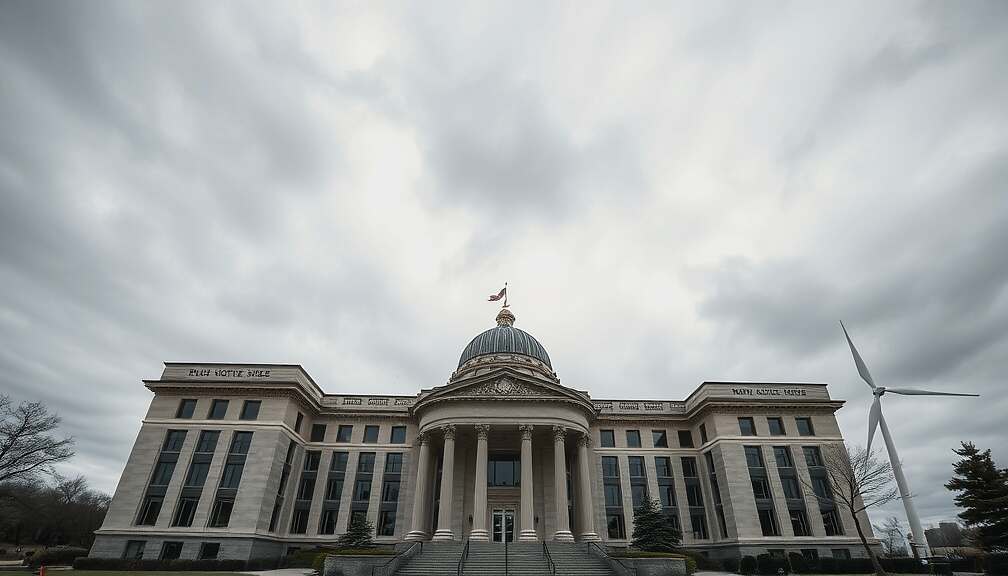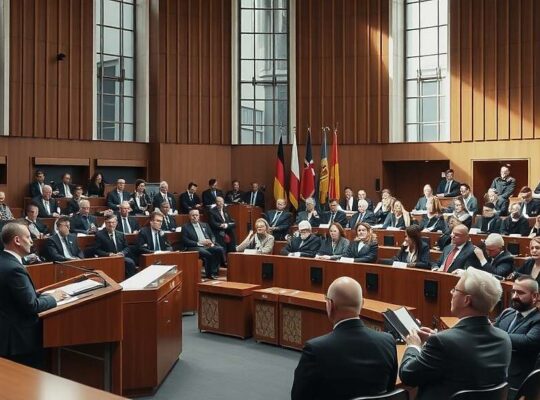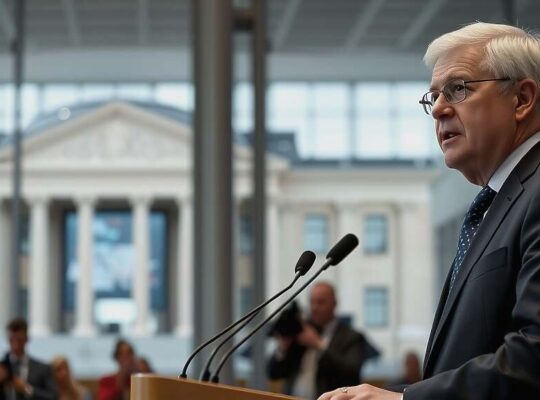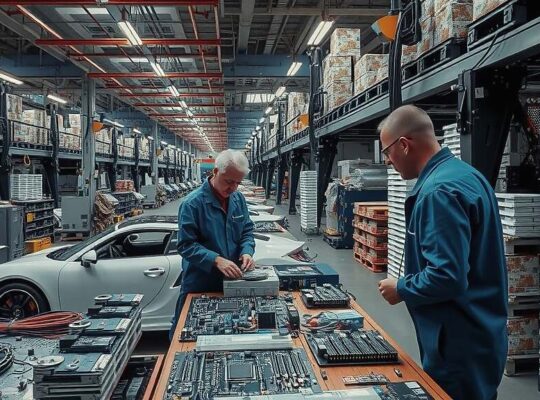Germany’s environmental agency has issued a strong caution to the federal government regarding reliance on carbon capture and storage (CCS) as a primary climate protection strategy. Dirk Messner, President of the Federal Environment Agency (Umweltbundesamt), stated that CCS should not be considered a substitute for substantial emission reductions across key sectors like buildings, transportation and industry.
Messner emphasized the limited potential of CCS due to capacity constraints for large-scale underground and marine carbon dioxide storage. He indicated that the immediate implementation of widespread carbon capture and storage is unrealistic, requiring significant infrastructure development and further research.
The comments come in response to a recent cabinet decision allowing for the expanded use of CCS, particularly within the steel industry and for gas-fired power plants. Chancellor Friedrich Merz has previously championed these technologies as a contribution to mitigating global warming.
However, Messner cautioned against the assumption that continued reliance on fossil fuels and internal combustion engines is compatible with climate neutrality. Based on recent studies, he asserted that Germany can achieve climate neutrality by 2045, but only by fully leveraging all available strategies. These include industrial transformation, switching to renewable energy for heating and transportation and enhancing natural carbon sinks. “All options are available to us. However, we must utilize them consistently rather than taking a wrong turn now” he concluded.












